
Ho Chi Minh City is facing a big problem of budget balance when the demand for public investment capital in the 2026-2030 period far exceeds the revenue capacity. At the conference on solutions to mobilize budget resources, City leaders and experts pointed out many bottlenecks and a series of breakthrough proposals to create sustainable revenue sources, towards developing modern infrastructure and increasing economic competitiveness.
The report at the conference showed that the total public investment capital demand of the City in the next 5 years is more than 3.16 million billion VND. Of which, the local budget must balance about 2.83 million billion VND, a figure exceeding the current capacity. The total budget revenue for the 2026-2030 period is expected to reach about 4.7 million billion VND, an average increase of 6.53%/year. However, this revenue only meets about 34% of the public investment capital demand, creating a financial gap of up to 1.85 million billion VND.
Domestic revenue from the economic sector – especially non-state enterprises and FDI – is expected to be the main driving force, accounting for 88.5% and increasing by about 10%/year. This is a positive signal, reflecting the trend of economic restructuring towards private sector and high-quality foreign investment. However, revenue from land – expected to increase nearly 4 times compared to the previous period – is still considered a risky sector, largely dependent on legal and market progress.
Based on the above analysis, the Institute for City Development Studies proposes to prioritize removing obstacles for businesses, maintaining regular dialogues and creating a favorable business environment to promote the private sector and FDI to expand investment. Along with that, the City needs to continue to improve industrial infrastructure to welcome new capital flows, increasing the ability to contribute to the budget in the long term.
For the state-owned enterprise sector, divestment and equitization solutions are emphasized as a significant source of revenue, while also facilitating the transfer of assets to the private sector – where exploitation efficiency is higher. The Institute for Development Studies recommends the effective use of land funds and surplus production space from state-owned enterprises to promote public-private partnership projects, in line with the spirit of Resolution 68 on private economic development.
To offset the budget deficit, the City is recommended to apply maximum specific mechanisms under Resolution 98, including: increasing borrowing capacity, piloting new fees and charges, expanding revenue sources and diversifying mobilization forms.
The City Tax Department also aims to fully exploit taxes from the economic sector; tighten management of transfer pricing, related-party transactions and real estate; control e-commerce activities - a sector that is growing strongly but has potential revenue losses. Customs Region II is committed to reforming procedures, cutting 30% of processing time to increase the smoothness of import and export activities.
One of the City’s major expectations is to increase revenue from land. The Institute for Development Studies emphasized the need to improve the public land auction process and promote bidding to select investors according to Resolution 98 to shorten procedures and recover capital faster. The work of adjusting the City Planning for the period 2026-2030 must be prioritized because this is the legal basis for all land allocation, bidding and auction activities.
World Bank consultant, Mr. Macr Robinson, assessed that Ho Chi Minh City has great potential in recovering the increased land value from infrastructure. He said that the City needs to apply more modern collection tools, improve staff capacity and reform synchronously to reduce waste of resources.
A representative of the Department of Agriculture and Environment said that the land auction process in the past had many shortcomings, even causing market fluctuations. To overcome this, from 2026, the City will develop an annual land price list - a new mechanism of the 2024 Land Law - to ensure that State prices are close to market prices. This will help land revenues increase naturally, transparently and healthily.
The Department of Agriculture and Environment will also fully apply land valuation methods according to the law, especially the surplus method - a tool that accurately reflects land value after infrastructure investment. In addition, the City will strongly exploit the TOD model (transport-oriented urban development) and strengthen the capacity of the Land Fund Development Organization to proactively create a clean land fund for auction.
Along with increasing revenue, the settlement of compensation, support and resettlement is also considered a decisive factor in the progress of public investment. The city aims to relocate 50% of houses on and along canals by 2030, equivalent to 20,000 houses. The resettlement policy is designed in a humane way, ensuring that people have equal or better housing. When people agree to hand over the land, the progress of infrastructure projects is accelerated, thereby creating a stable source of land revenue for the budget.
According to the City Land Fund Development Center, in the 2026-2030 period, it is expected to auction 85 land plots with a total area of 435 hectares, collecting more than 100,000 billion VND. To achieve this goal, the Center recommends applying a special mechanism for public land auctions, increasing the rate of revenue regulation to develop infrastructure in the suburbs and new satellite cities.
The Department of Construction said the City currently owns more than 4,900 apartments and resettlement land - a large resource if exploited effectively. Over the past years, revenue from the sale of resettlement apartments has grown strongly, proving the potential for exploitation of this sector. In the period 2026-2030, the Department proposed to accelerate legal clearance, complete procedures, optimize public asset management and promote upgrading of housing funds to increase value.
Concluding the conference, Vice Chairman of the City People's Committee Nguyen Van Dung emphasized that the City's key task is to attract investment, support businesses and accelerate the disbursement of public investment. He said that by mid-November, the City had completed the assigned budget revenue target but needed to make more efforts to achieve the new target: collecting VND800,000 billion in 2025, an increase of 25% compared to the original target.
This is a huge challenge, requiring close coordination between departments and branches. The Tax Department must ensure the correct and sufficient collection of all sources; the Department of Agriculture and Environment must complete the land revenue collection plan; the entire political system must promote public investment disbursement to create a spillover effect for the economy.
Source: https://vtv.vn/tp-ho-chi-minh-dat-muc-tieu-thu-ngan-sach-800000-ty-nam-2025-10025111610410512.htm



![[Photo] Prime Minister Pham Minh Chinh meets with representatives of outstanding teachers](https://vphoto.vietnam.vn/thumb/1200x675/vietnam/resource/IMAGE/2025/11/15/1763215934276_dsc-0578-jpg.webp)
![[Photo] General Secretary To Lam receives Vice President of Luxshare-ICT Group (China)](https://vphoto.vietnam.vn/thumb/1200x675/vietnam/resource/IMAGE/2025/11/15/1763211137119_a1-bnd-7809-8939-jpg.webp)



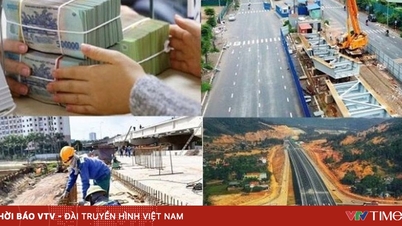
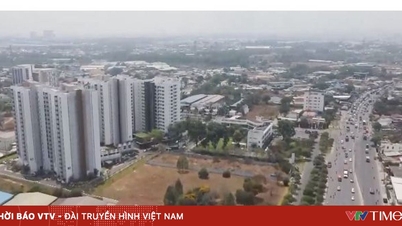


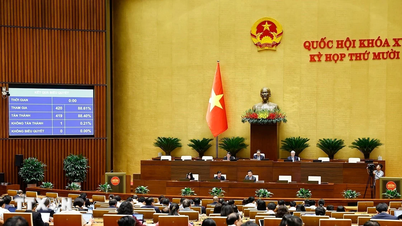

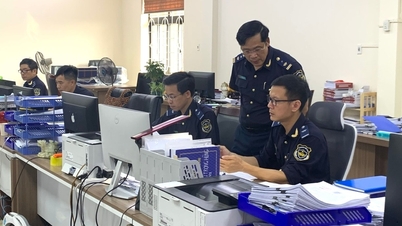


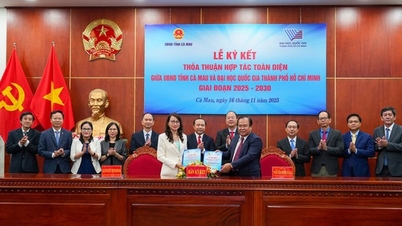

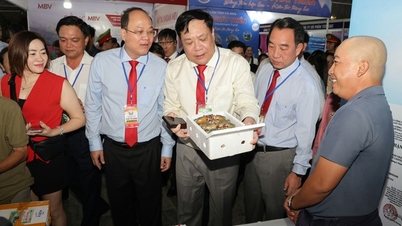
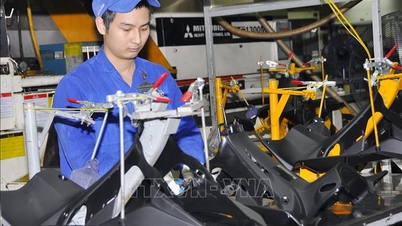

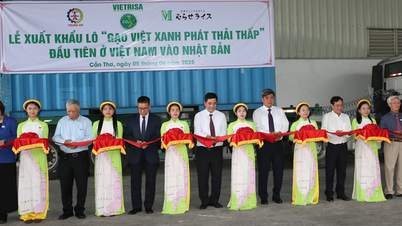
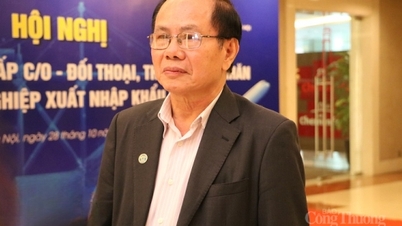

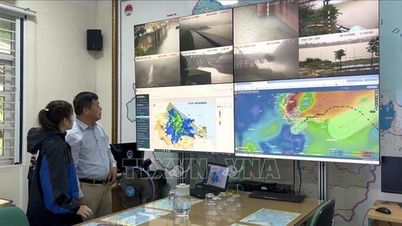




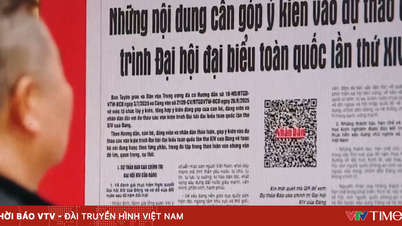
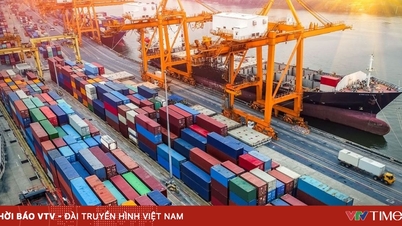
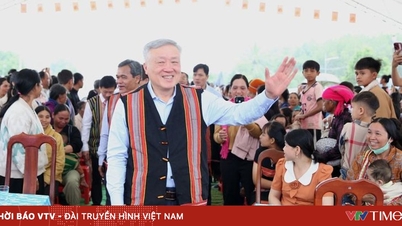
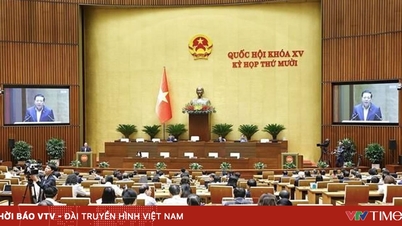










































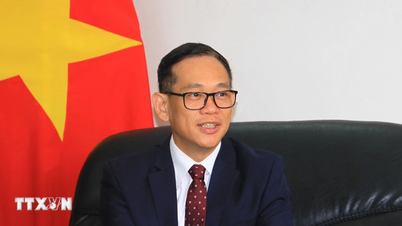













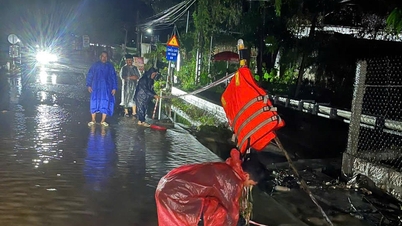

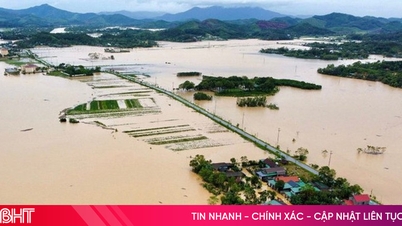


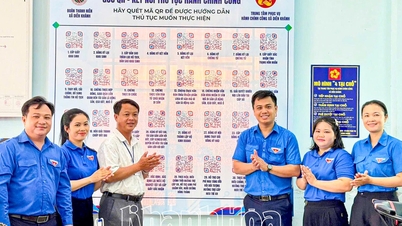














Comment (0)